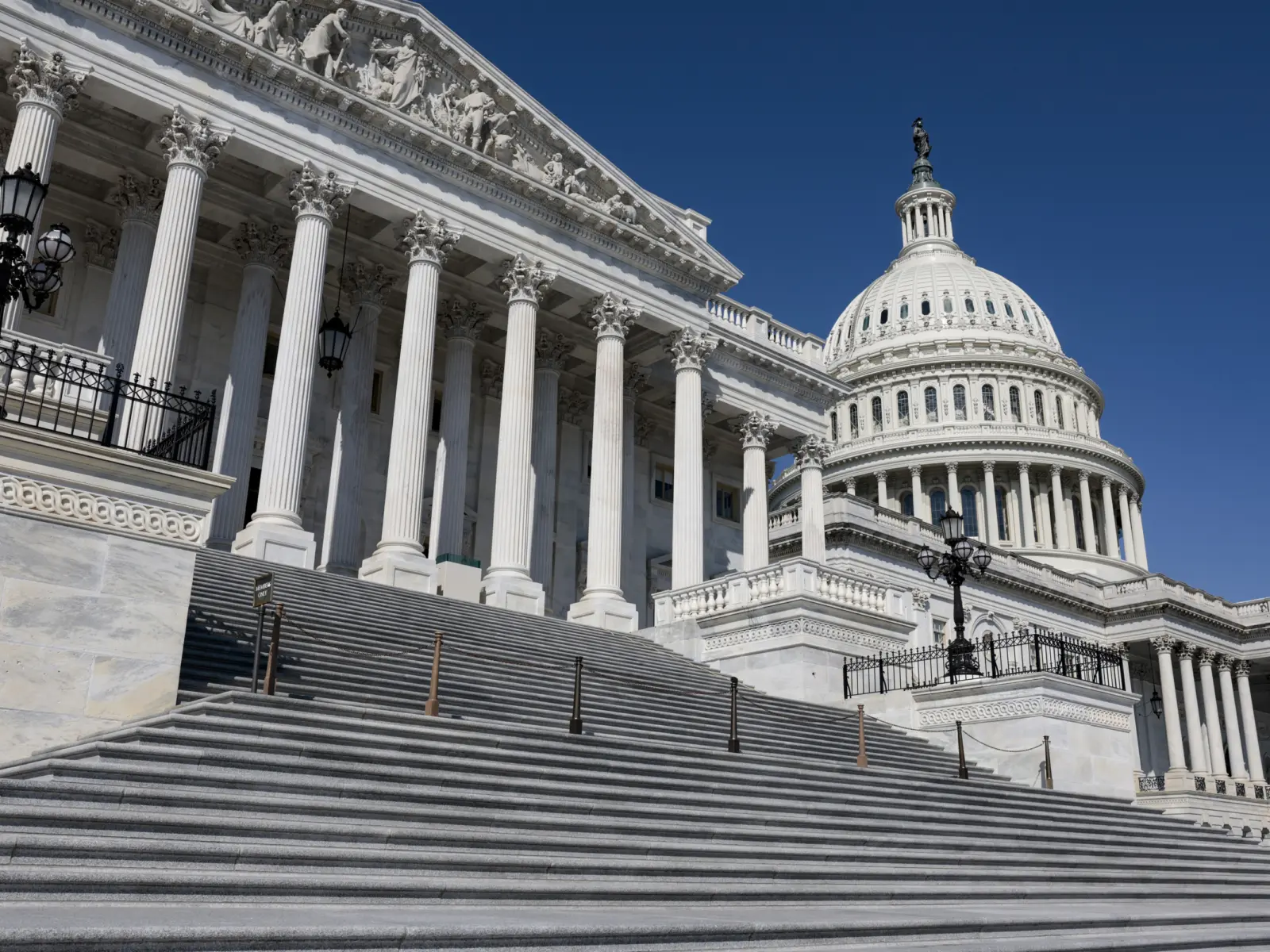In 2023, Texas and Connecticut enacted new bipartisan laws that seek to prohibit anti-competitive clauses commonly used by large, consolidated hospital systems to shield themselves from competition and charge higher prices. These terms — which include all-or-nothing contracts, anti-steering and ‑tiering clauses, most-favored nations clauses, and gag clauses — have inflated the costs of health care and harmed employers and the public. Through anti-tiering and anti-steering, for example, health insurers are restricted from incentivizing patients from using higher quality, lower priced providers, which in turn can drive up costs for all beneficiaries.
The new laws aim to improve competition in the market and make health care more affordable for employers and consumers. These laws have received broad support from a diverse range of stakeholder groups — large employers, small businesses, and consumers — and from legislators across the political aisle. The new laws passed with bipartisan support in Texas, a deep red state, and Connecticut, which is bright blue. And in 2021, similar legislation also passed in Nevada, one of the nation’s swing states, demonstrating the broad popularity of these reforms. In Texas, employer groups came together to rally behind the legislation, while in Connecticut, Gov. Ned Lamont, a Democrat, championed these reforms.
Why it Matters
Ninety percent of hospital markets are considered “highly concentrated” according to the Federal Trade Commission. As hospital systems consolidate, they can increase their market power and wield it to increase their prices.
If lawmakers don’t fight back against anti-competitive behavior, employers, consumers, and taxpayers end up bearing the brunt as these higher prices translate into higher premiums and out-of-pocket costs. Annual family premiums for employer health insurance increased by 7% on average in 2023, growing to to $23,968, according to this year’s Kaiser Family Foundation Employer Health Benefits Survey. That survey also found that, on average, workers are contributing $6,575 annually this year toward their family premium, a jump of nearly $500 from 2022. Employers pay the rest. The average deductible has increased 53% over the last 10 years. Meanwhile, many Americans struggle to afford the health care they need: 43% of adults say they delayed needed care due to cost and 100 million Americans have medical debt.
On the Ground
In Texas, nearly 50% of residents get their health insurance through their employer. But employers do not have the market power to extract fair prices for their employees. A recent column by one small business owner, for example, describes being charged $112,000 for a specialty drug administered at a hospital for an employee’s child even though the hospital procured the drug for $40,000. A gag clause prevented the business owner from knowing the true price of the drug up front.
Texas’s new law bans these contract terms. This policy was supported by a diverse set of stakeholders including Texas Employers for Affordable Healthcare, a state-based employer coalition that advocated for the change in the state capitol. A bipartisan bill passed the legislature with only one no vote and received Gov. Greg Abbott’s signature in June.
Connecticut faces similar high costs for health care, driven in part by anti-competitive practices. Average prices are more than twice what Medicare pays, and the state has seen a flurry of hospital mergers recently. In 2022, several patients filed litigation against Hartford HealthCare claiming that the hospital system used anti-competitive tactics to charge 20% more than nearby competitors with better quality ratings. This June, Gov. Lamont addressed the problem more broadly when he included bans on anti-competitive practices as part of a sweeping legislative package to promote health care affordability.
The Work Ahead
These state bills are just two examples of the bipartisan momentum building at the state level to take action against the anti-competitive practices and abusive pricing large, consolidated hospital systems engage in. California and Washington both recently introduced bills to eliminate anti-competitive practices by health care systems. There is also potential for action at the federal level. The Senate Committee on Health, Education, Labor and Pensions considered a bill that would address issues of competition in the health care sector and ban these anti-competitive contracting provisions nationally.
Takeaways
- Ending anti-competitive practices by large, consolidated hospital systems is something everyone can get behind. At the state level, diverse coalitions of stakeholders are advocating for legislation to ban this behavior. Such legislation also enjoys bipartisan support in red, blue, and purple states across the country.
- State legislation has the potential to influence action at the federal level. Banning anti-competitive behavior used by dominant hospital systems will benefit a broad range of constituencies and bring down unaffordable health care costs for Americans, and is an important target for federal action.

















